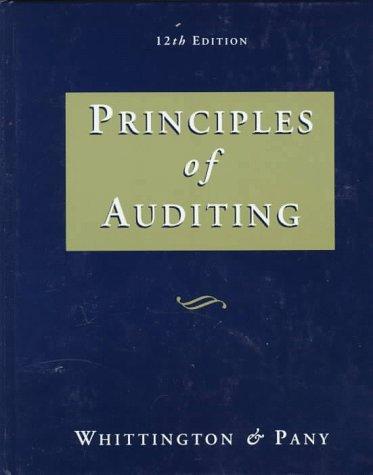Question
1. Consider a family where both the husband and wife work, and assume each spouse has three more years to work (after the current year)
1. Consider a family where both the husband and wife work, and assume each spouse has three more years to work (after the current year) before retirement. The table below indicates the projected combined salary over the remaining work years if they each stay with their current employers. It also shows the combined salary they can expect if they relocate and change employers.
| Year | Combined Salary at Current Jobs | Combined Salary at New Jobs |
| 1 | $80,000 | $83,000 |
| 2 | $82,000 | $87,000 |
| 3 | $85,000 | $92,000 |
Suppose the total cost of moving, including direct expenses, foregone earnings, and psychic costs total $10,000. Assume all costs are incurred during the current year.
If the discount rate is equal to the market interest rate of 6%, is this investment in mobility worthwhile?
What is the maximum mobility costs could be and still make this investment worthwhile?
How reasonable is it to assume that the psychic costs of mobility all occur in the current year?
Is it reasonable to expect that there will also be psychic benefits associated with moving? If so, give some examples.
When a person moves without a new job already in hand, evidence indicates that the mobility may initially lead to lower earnings than in the current job. This reduction is then more than overcome in future periods by faster earnings growth in the new location. Holding all else constant, what is the lowest the new combined salary could be in year 1 and still have this be a worthwhile investment?
Step by Step Solution
There are 3 Steps involved in it
Step: 1

Get Instant Access to Expert-Tailored Solutions
See step-by-step solutions with expert insights and AI powered tools for academic success
Step: 2

Step: 3

Ace Your Homework with AI
Get the answers you need in no time with our AI-driven, step-by-step assistance
Get Started


